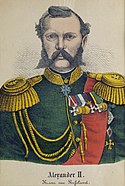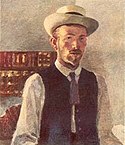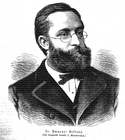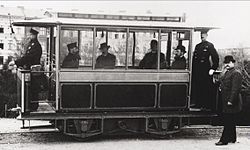Béla Bartók
Shortlink:
Zdroj:
Formát:
1024 x 1383 Pixel (3286292 Bytes)
Popis:
Composer, pianist, and ethnomusicologist Béla Bartók (1881–1945) was born in Nagyszentmiklós, Hungary (present-day Sânnicolau Mare, Romania). He studied music in Pressburg (present-day Bratislava, Slovakia) and at the Budapest Academy of Music. In 1904 he began collecting folksongs, which he recorded and classified. Between 1907 and 1934 he was professor of piano at the Budapest academy. His compositions include an opera, two ballets, orchestral music, chamber music, and folksong arrangements. This photograph of Bartók is from the archives of the League of Nations. In 1931 Bartók was invited to join the League’s Committee on Intellectual Cooperation, partly in recognition of his international interests and openness to a wide range of musical styles from different ethnic groups. The committee was established in 1922 for the purpose of building up international relations among teachers, artists, scientists, and members of other intellectual professions and improving the working conditions of the educated workforce. Its members included the scientists Marie Curie and Albert Einstein and the novelist Thomas Mann. In 1926 the committee moved from Geneva to Paris, where it was reestablished as the International Institute of Intellectual Cooperation. The photograph is in the archives of the League, which were transferred to the United Nations in 1946 and are housed at the UN office in Geneva. They were inscribed on the UNESCO Memory of the World register in 2010.
Bartók, Béla, 1881-1945; Composers; Ethnomusicology; League of Nations; League of Nations. Committee on Intellectual Co-operation; Memory of the World; Musicians; Portrait photographs; Portraits
Bartók, Béla, 1881-1945; Composers; Ethnomusicology; League of Nations; League of Nations. Committee on Intellectual Co-operation; Memory of the World; Musicians; Portrait photographs; Portraits
Licence:
Public domain
Credit:
Relevantní obrázky
Relevantní články
ExpresionismusExpresionismus byl (severo)evropský, především německý umělecký směr. Vznikl jako protiklad impresionismu a naturalismu tzn. odmítl umění zobrazující skutečnost i umění snažící zprostředkovat skutečnost pomocí dojmů. Jeho hlavním cílem je vyjádřit vlastní prožitky a vlastní pocity bez ohledu na jakékoli konvence. Pro zvýšení efektu prožitku často dochází k deformaci reality. .. pokračovat ve čtení
18811881 (MDCCCLXXXI) byl rok, který dle gregoriánského kalendáře započal sobotou. .. pokračovat ve čtení























